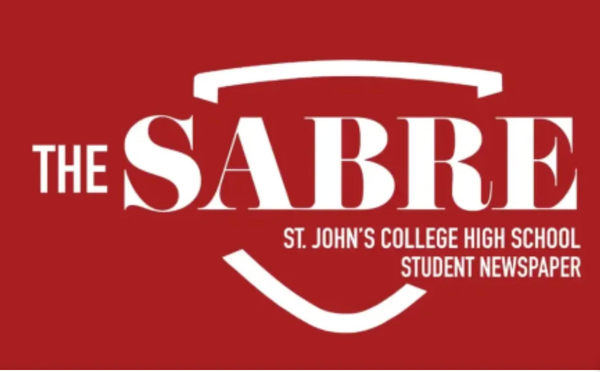SJC students sound off on D.C. statehood

On Thursday, Sept. 19, the House of Representatives held a meeting to discuss making the District of Columbia the 51st state. The last time this was seriously brought up in Congress was in 1993.
Most House Democrats strongly support making DC a state, and the bill will likely pass in the House of Representatives. However, Republicans are strongly against statehood and will likely stop the bill in the Senate.
DC residents do not have any voting representatives in Congress. They have one delegate in the House of Representatives, Eleanor Holmes Norton, but she only has the ability to persuade other politicians to support bills and cannot actually vote on them herself. Democrats in Congress think that it is a matter of civil rights that people are allowed to vote. However, Republican congresspeople worry that the majority liberal district could turn elections blue.
Mayor Muriel Bowser has strongly supported statehood. “Yes, it is true, we are more brown and more liberal than some of you, but denying statehood would be unfair no matter who is affected.”
The bill, titled the Washington, DC, Admission Act, would turn the non-voting district into the state Washington, Douglass Commonwealth. Residents had originally wanted to call the state New Columbia, but this was rejected by the DC Council in 2016. They chose instead to keep the initials Washington, DC, but change it to Douglass Commonwealth in honor of abolitionist Frederick Douglass, who lived in the city for 18 years until he died. The 710,000 residents would become voting members of the union. In a poll by National Public Radio, 80 percent of DC residents want statehood.
It is written in the Constitution that the capital should not be made into a state. James Madison worried that people so close to the head of government might be able to persuade representatives to their own views. When DC became the capital of the United States in 1790, they lost the right to voting representation in Congress and the Electoral College. In 1961, the 23rd Amendment gave the District back votes in the Electoral College. Currently DC has three votes in the electoral college and serves as a state for election purposes.
Students interviewed for this article asked to remain anonymous due to the partisan nature of this issue. One junior girl said, “I support statehood, but am not exactly sure why yet. I really want to get more involved in this issue.”
Another junior said, “We are a small area, but not any smaller than Vermont or Wyoming, and they have representation.”



